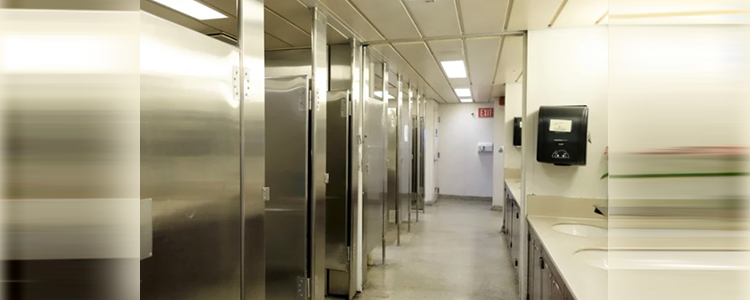— from KOMO News, Seattle —

This September 2015 photo provided by NOAA Fisheries shows an adult female orca, identified as J-16, as she’s about to surface with her youngest calf, born earlier in the year, near the San Juan Islands in Washington state’s Puget Sound. KOMO News file photo.
With the number of endangered Puget Sound orcas at a 30-year low, state lawmakers want to protect the fish-eating killer whales that spend time in the inland waters of the Salish Sea.
The measures range from boosting hatchery salmon production to increasing marine patrols so that boats keep their distance from the whales.
Many have been sounding the alarm about the orcas’ plight since the September death of a juvenile brought the population to 76. Orcas face threats from lack of food, pollution and noise from vessels.
A baby orca has not been born in the last few years. Half of the calves born during a celebrated baby boom have since died. Female orcas are also having pregnancy problems linked to nutritional stress brought on by a low supply of chinook salmon, the whales’ preferred food, a recent study found.
“We haven’t seen any viable calves born here in the last few years and that is disconcerting,” said Brad Hanson, wildlife biologist with the NOAA’s Northwest Fisheries Science Center.
[perfectpullquote align=”right” bordertop=”false” cite=”” link=”” color=”” class=”” size=””]A baby orca has not been born in the last few years. Half of the calves born during a celebrated baby boom have since died.[/perfectpullquote]
Last year, the orcas spent the fewest number of days in the central Salish Sea in four decades, mostly because there wasn’t enough salmon for them to eat, said Ken Balcomb, senior scientist with the Center for Whale Research.
One House bill sets aside $1.5 million to produce 10 million more hatchery chinook salmon – a roughly 20 percent boost – so orcas will have more to eat.
READ MORE: KOMO News
**If you are reading theOrcasonian for free, thank your fellow islanders. If you would like to support theOrcasonian CLICK HERE to set your modestly-priced, voluntary subscription. Otherwise, no worries; we’re happy to share with you.**








One proactive thing we can do here in the islands to increase the Orcas’ food supply of Chinook salmon is to do everything possible to insure healthy near-shore habitats for the forage fish that these salmon require to feed upon. Alas, our County Councilors, in their infinite “wisdom,” have largely ignored this need in the Shoreline Master Plan (SMP) they recently approved. Thus the Friends of the San Juans, on whose Board I am privileged to serve, is appealing some key measures of the SMP to higher authorities in the state government.